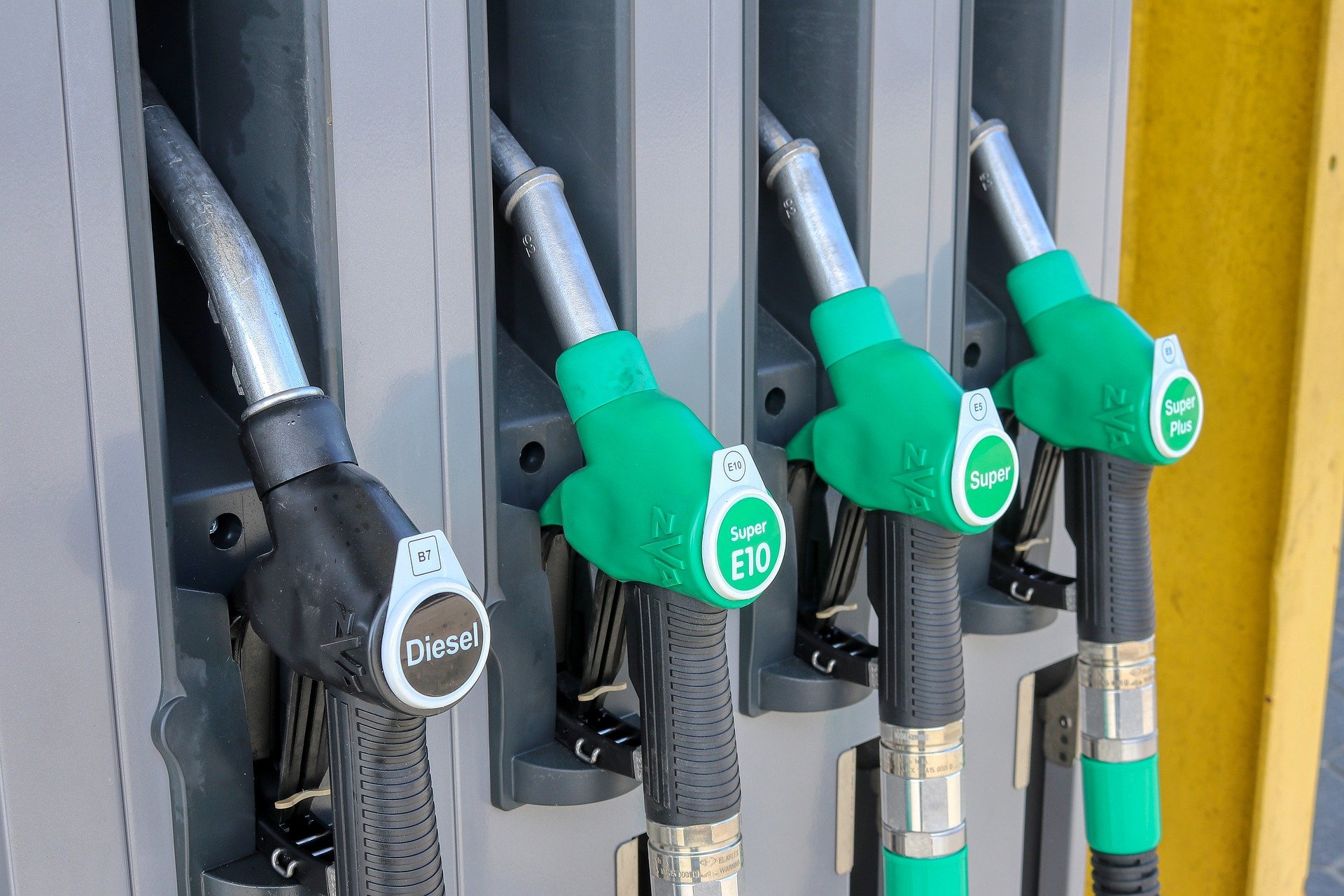There are reports that fuel prices in Hungary could rise to over HUF 700 (EUR 1.83) from January.Continue reading

On Monday, January 15, as announced by the Hungarian oil company MOL earlier, the second stage of the increase in excise duty came into effect, leading to an increase in fuel prices, Világgazdaság reports.
The average price of diesel and petrol is expected to rise by 21 forints (0.055 euros) per liter, with no major price changes expected this week, based on recently published data on holtankoljak.hu.
The average price of 95 petrol last week was 558 forints (1.47 euros) per liter and 587 forints (1.55 euros) per liter for diesel, so now drivers can expect to pay
According to the fuel price monitoring portal, the price of Brent oil has seen some major fluctuations this week, as it has been close to 80 dollars, but has fallen as low as 76 dollars. However, taking into account the situation at the beginning of the previous week and the current situation, the extent of the change is negligible, as the current price is 78 dollars. The forint also seems to be balanced against the dollar, closing the week at 346 forints without any major changes.
As Hungary Today reported previously, MOL is implementing the excise tax increase on fuel in two steps, with a change of 20 forints (0.053 euros) on January 1, and a price change of 21 forints (0.055 euros) on January 15.
Hungarian petrol and diesel prices will therefore be among the highest in the region.
Ungarn Heute writes that in Croatia, the government reduced the excise duty on fuel last spring and limited the profit margin for dealers, so that fuel has become a commodity with a regulated price. A liter of standard fuel of both types costs 1.4 euros. The government decree does not apply to premium fuel, which can cost up to 2 euros in some places. Thanks to the price cap, Hungarians living near the border have been regular visitors to Croatian petrol stations for some time. They can save up to 3,000-4,000 forints (7.91-10.55 euros) on an average tank of fuel.
Thanks to the regulation of excise taxes and profit margins, petrol in Slovenia now costs 1.37 euros and diesel 1.48 euros per liter at conventional petrol stations. As a result, more and more cars with Hungarian license plates can be found at Slovenian petrol stations. But beware: the official prices do not apply to highway filling stations, where fuel is still sold at market prices.
Fuel prices in Slovakia have not changed significantly in recent weeks and will not change in 2024 either, as everything depends on market movements. According to the professional news portal Benzin.sk, the average price of 95 petrol in the first days of January was 1.55 euros per liter, while the average price of diesel was 1.502 euros, Világgazdaság reports.
In Serbia, the maximum price for diesel is currently 1.65 euros per liter, while the price for 95 petrol is 1.48 euros per liter. This makes diesel the most expensive in the region (petrol is the second most expensive), therefore it is unlikely that many Hungarians will want to fill up their cars there.
Via Világgazdaság, Featured image: Pixabay